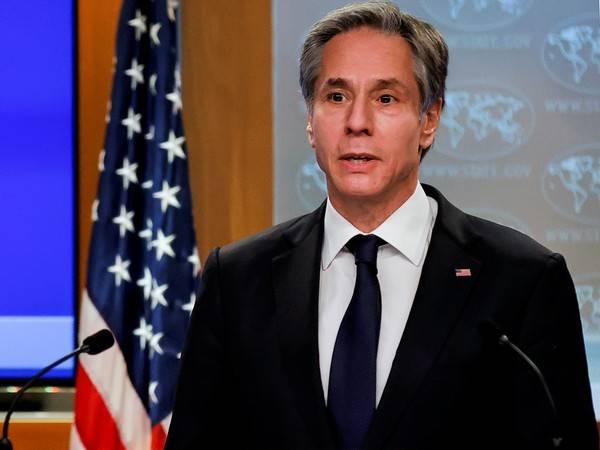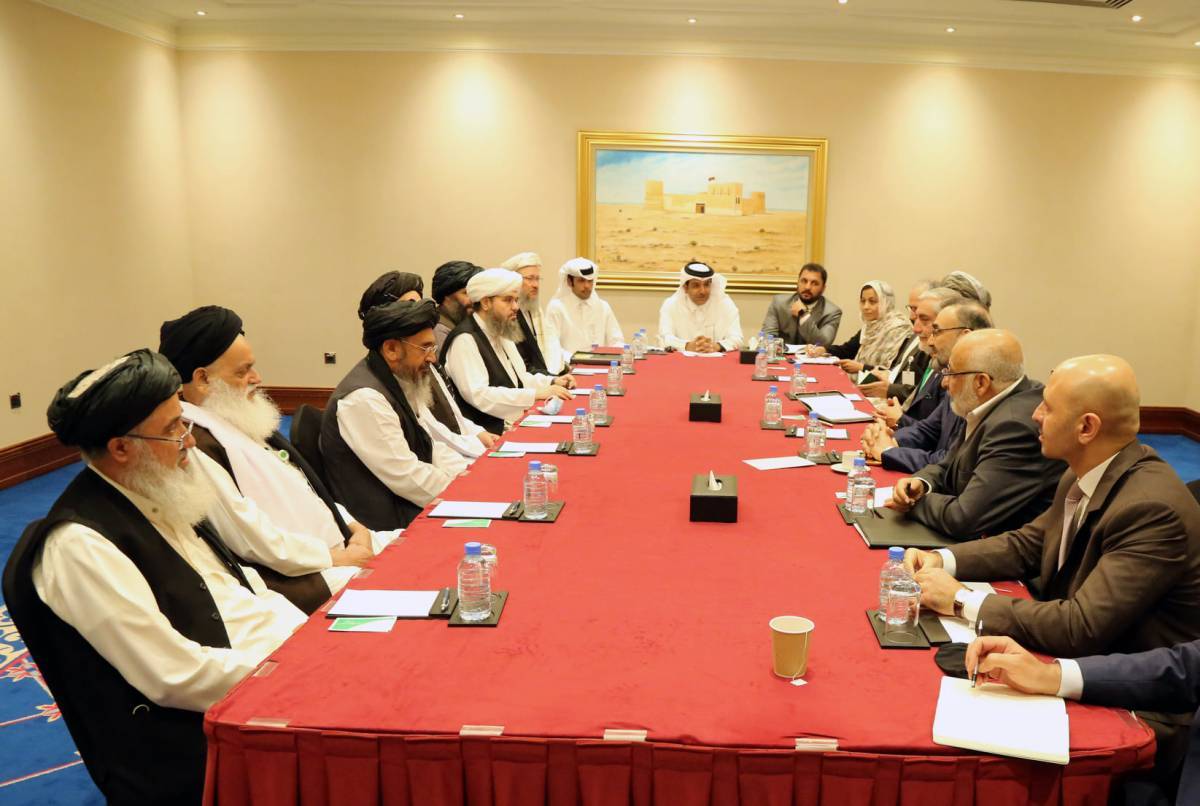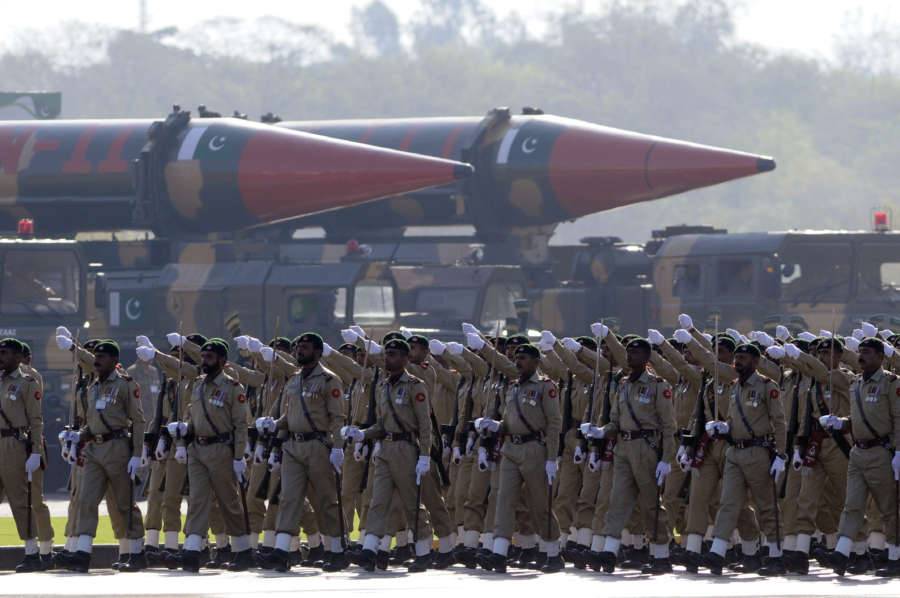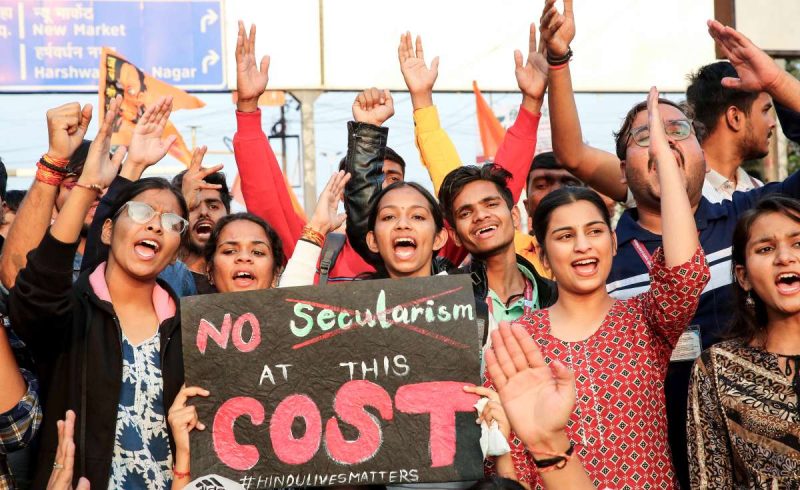Jaishankar and Blinken have met thrice in the past one year, with the latest coinciding with the Indian foreign minister’s visit to the United States in May…reports Asian Lite News.
US Secretary of State Antony Blinken is likely to visit India on his maiden trip next week since assuming charges under the Biden Administration in January.
While Blinken would hold a bilateral discussion with India’s external affairs minister S Jaishankar the US diplomat may also call on Prime Minister Narendra Modi during the visit, which could be between July 27 and July 28. However, an official announcement on the visit is awaited.
Jaishankar and Blinken have met thrice in the past one year, with the latest coinciding with the Indian foreign minister’s visit to the United States in May.
During the visit, the two leaders spoke on a wide range of issues, including Covid-19 relief, efforts to strengthen Indo-Pacific cooperation through the Quad initiative, the security situation in Afghanistan and combatting climate change, among others.
The Quad, also known as Quadrilateral Security Dialogue, is a strategic dialogue between the United States, Japan, Australia and India during which the countries discuss economic and military cooperation.
Blinken and Jaishankar may talk on a range of issues in New Delhi, including Covid-19 vaccines, the security crisis in Afghanistan in the aftermath of US troop pullout and China assertiveness in the Indo-Pacific region.
Blinken would be the second top official of the Biden Administration to visit India after US Secretary of Defence Llyod J Austin flew to New Delhi in March.
Blinken’s visit also assumes in significance ahead of the Quad summit in October when US President Joe Biden would host the leaders of Australia, India and Japan.
US to continue expand India ties
The Biden Administration is expected to continue expansion of the bilateral partnership with India and the driving force of the relationship is concern about China’s growing economic and military power in the region, according to a Congressional report.
“Many speculate that the Administration would pay more attention to India’s domestic developments, including on human rights, but considered broad policies unlikely to change due to the perceived overarching need to counterbalance China, said the latest report on India-US relationship released by independent Congressional Research Service.
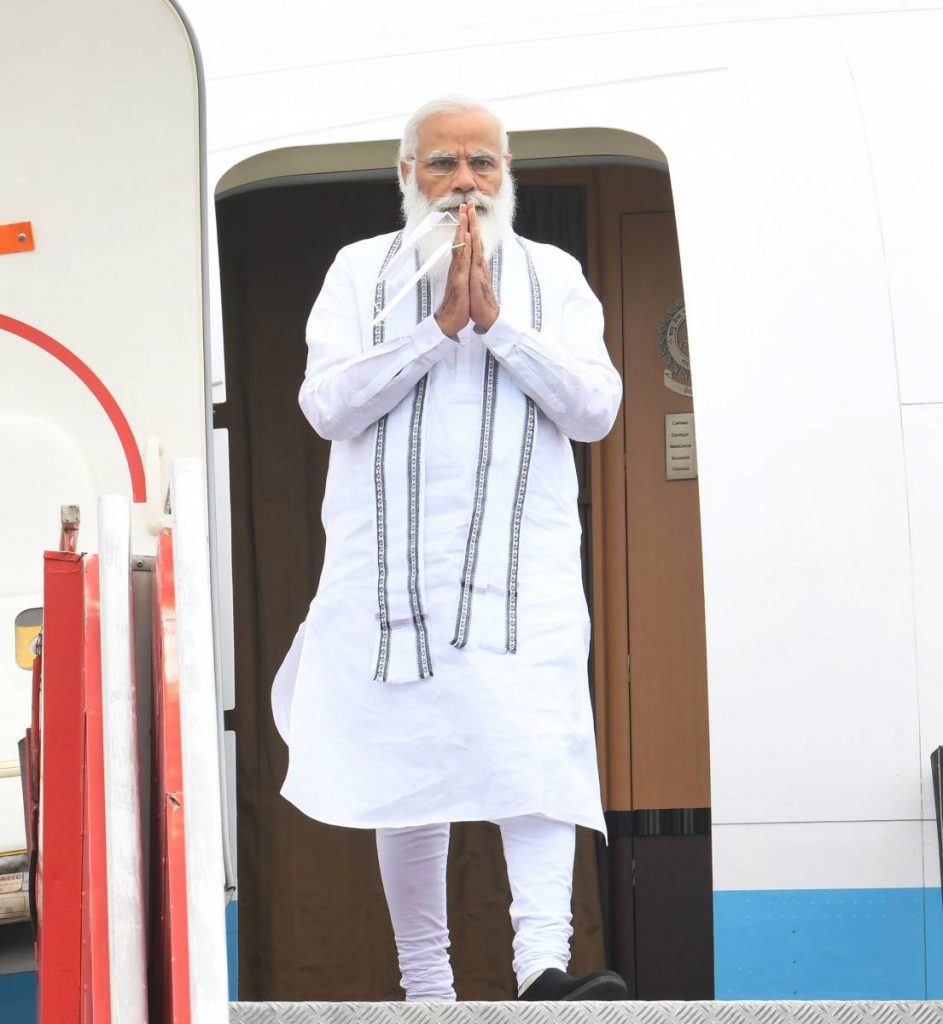
Independent observers widely expected the Biden Administration to continue expansion of the bilateral partnership (with India), and most saw concern about China’s growing economic and military power as the driving force of the relationship, said the report by the CRS, which is traditionally prepared for the American lawmakers to make informed decisions.
CRS reports, prepared by independent experts, are not considered as an official report or view of the US Congress. Of late, the US Congress has been making many of these reports public.
Many analysts laud an expected US return to multilateralism – especially given India’s recently warmer sentiments toward the Quad initiative – and were eager to see the extent to which the Administration would commit resources prioritising the Indo-Pacific region in its foreign policy, said the report authored by several South Asia experts led by Alan Kronstadt.
The US, Japan, India and Australia had in 2017 given shape to the long-pending proposal of setting up the “Quad” or the Quadrilateral coalition to counter China’s aggressive behaviour in the Indo-Pacific region.

In March, President Joe Biden virtually met Quad leaders, including Narendra Modi, during the first Summit of the bloc where he said that a free and open Indo-Pacific is essential for all and the US was committed to working with its partners and allies in the region to achieve stability.
China is engaged in hotly contested territorial disputes in both the South China Sea and the East China Sea. China claims sovereignty over all of the South China Sea. Vietnam, Malaysia, the Philippines, Brunei and Taiwan have counter claims.
Beijing has also built up and militarised many of the islands and reefs it controls in the region. Both areas are stated to be rich in minerals, oil and other natural resources and are also vital to global trade.
The report notes that despite many areas of sometimes serious discord, the US Congress has remained broadly positive in its posture toward the US-India strategic and commercial partnership. The Biden Administration has indicated that it intends to maintain the expansion and deepening of US-India ties.
Congressional legislation and oversight has and can continue to affect the course of US-India relations, including in areas such as resourcing for a US Indo-Pacific strategy, trade and investment (including bilateral defense trade) relations, immigration policy, nuclear proliferation, human rights, and cooperative efforts to address COVID-19 and climate change, among many others, it said.
Observing that President Biden was a strong and consistent advocate of positive US-India relations and US support for India during his 36-year Senate career, the CRS notes that some analysts expect pressure to come on India in issues related to human rights private rather than public channels, with at least one contending that such messaging will be predictable, but inconsequential.
CRS said that defence trade has emerged as a key aspect of the bilateral partnership. New Delhi seeks to transform its military into one with advanced technology and global reach, reportedly planning up to $100 billion on new procurements over the next decade to update its mostly Soviet-era arsenal.


